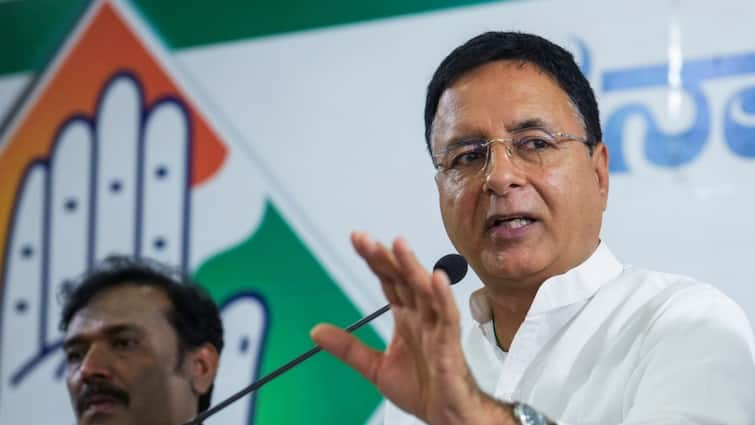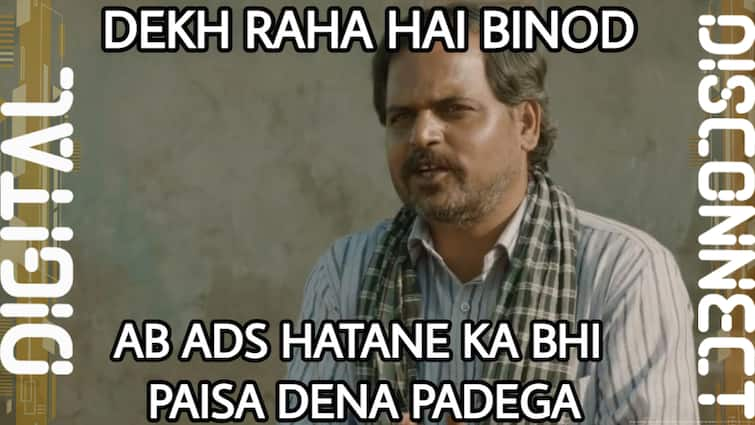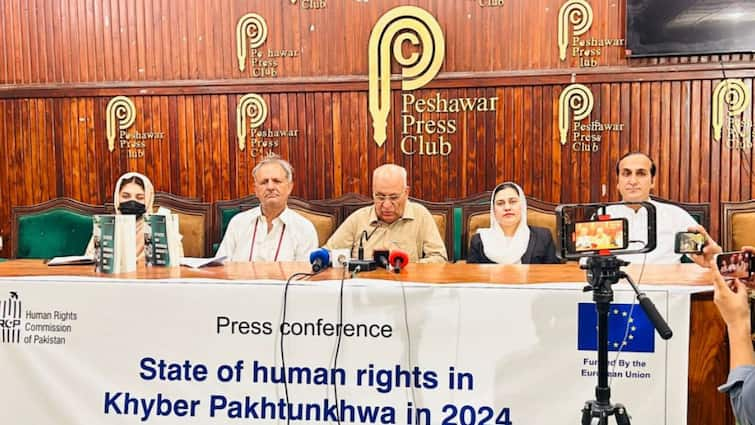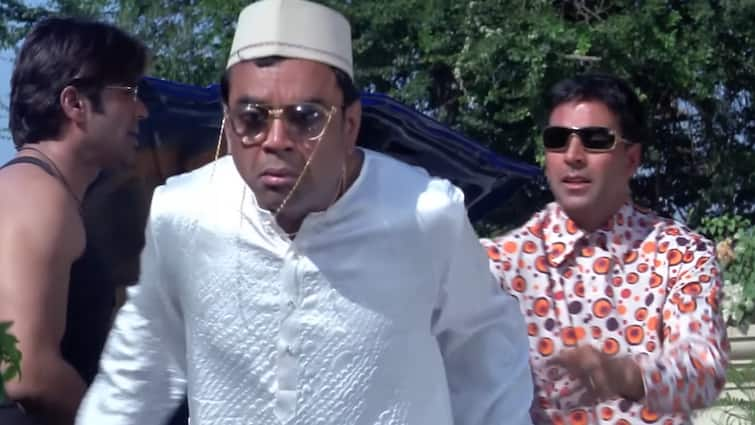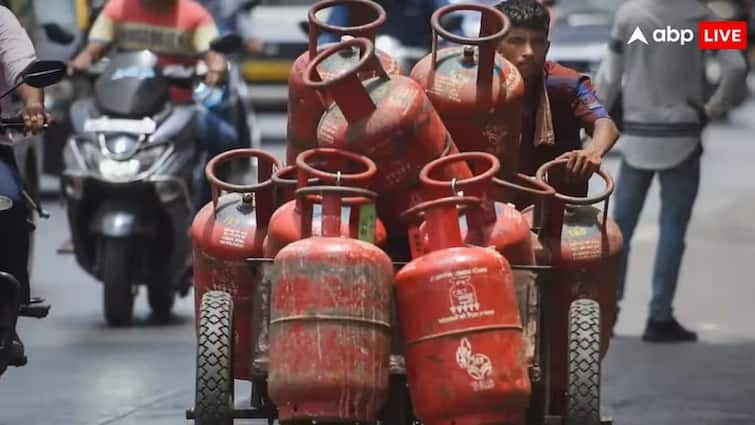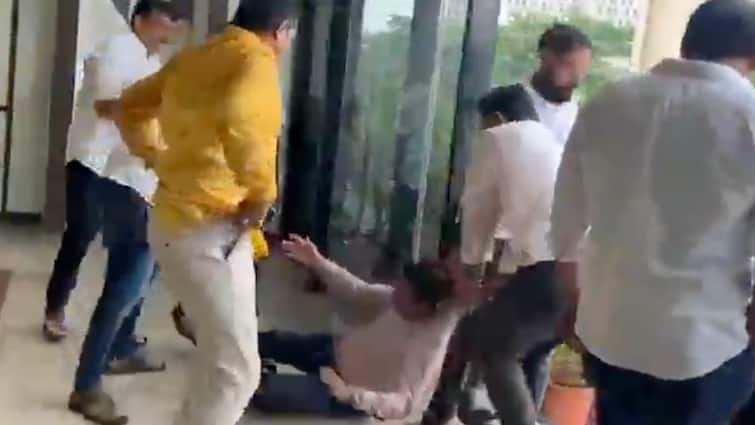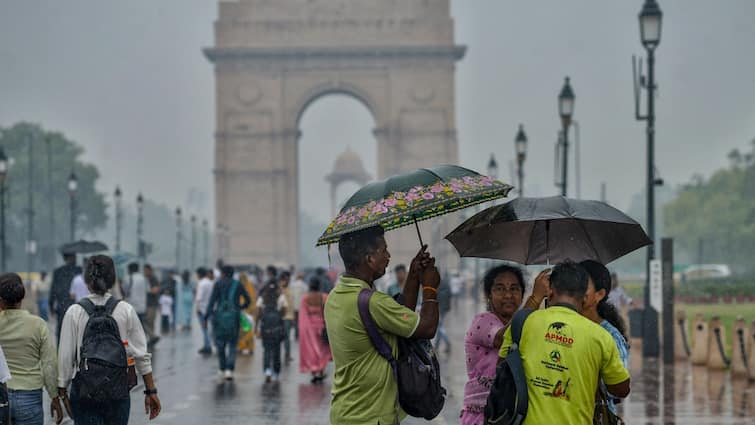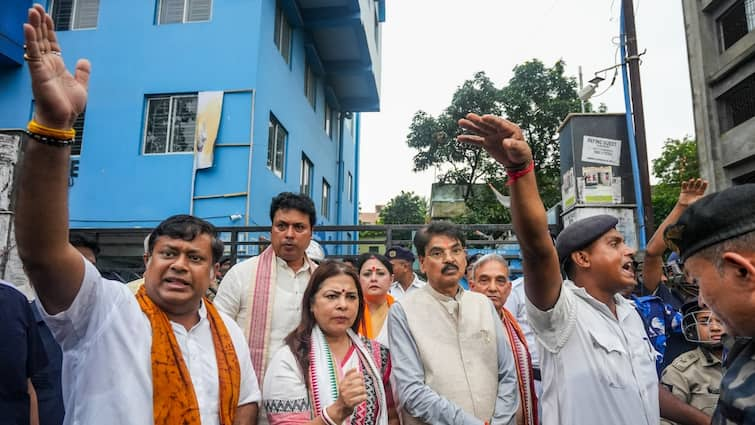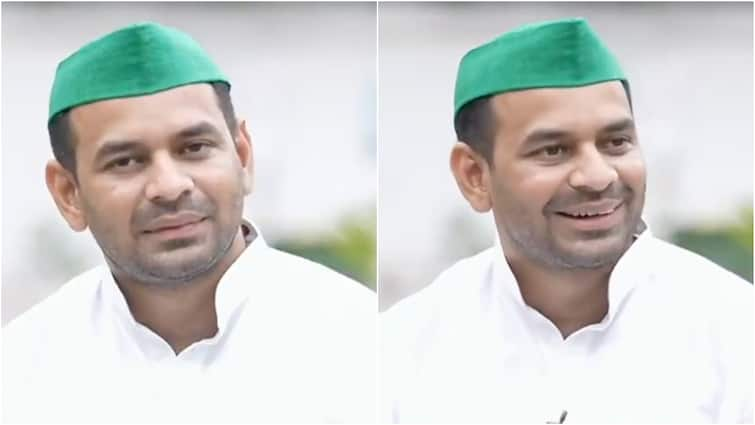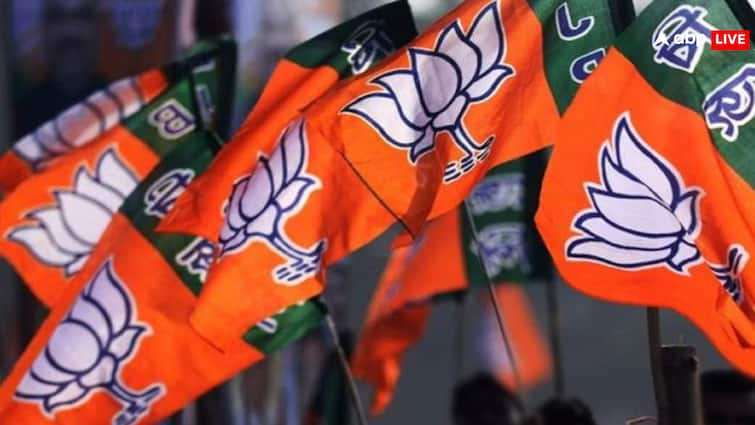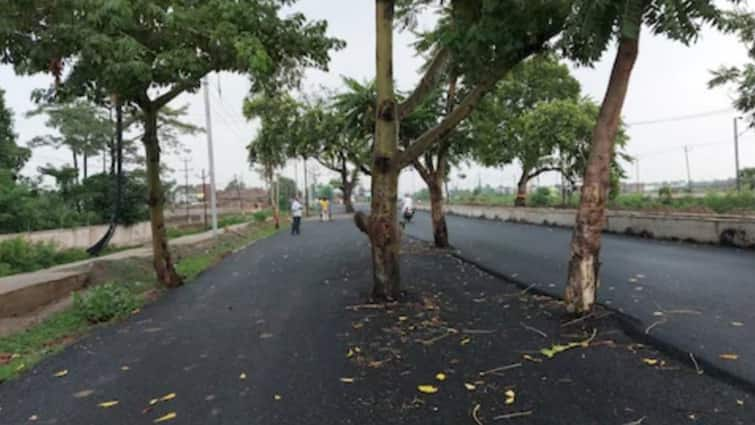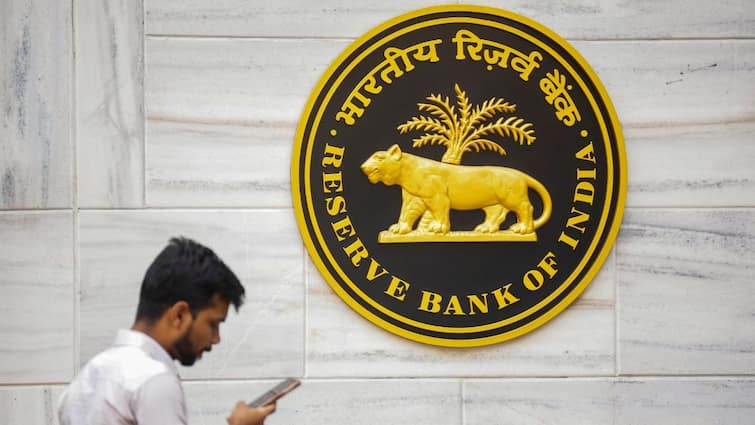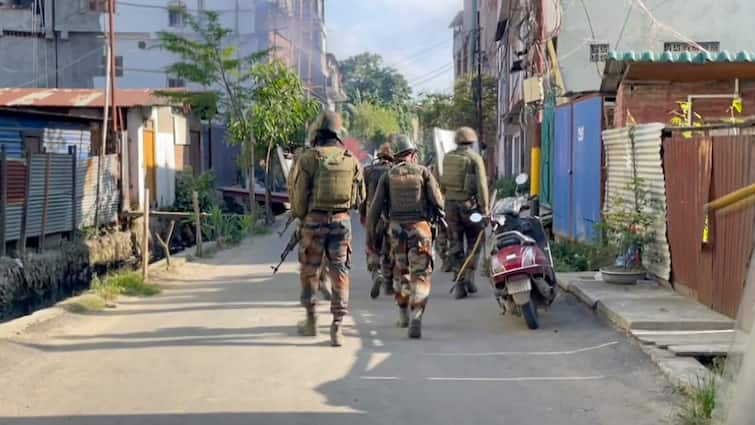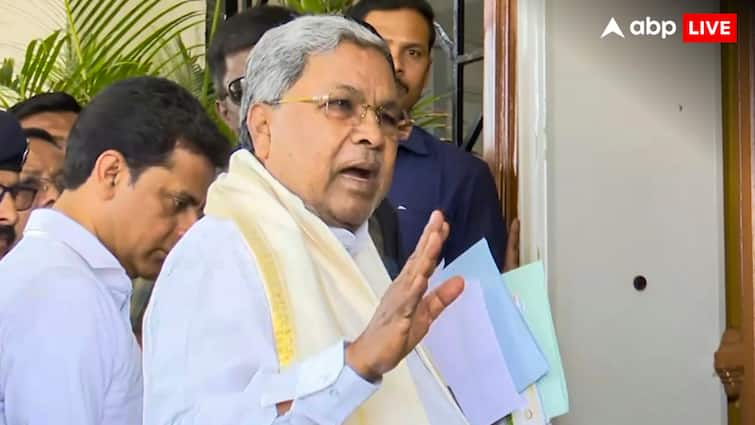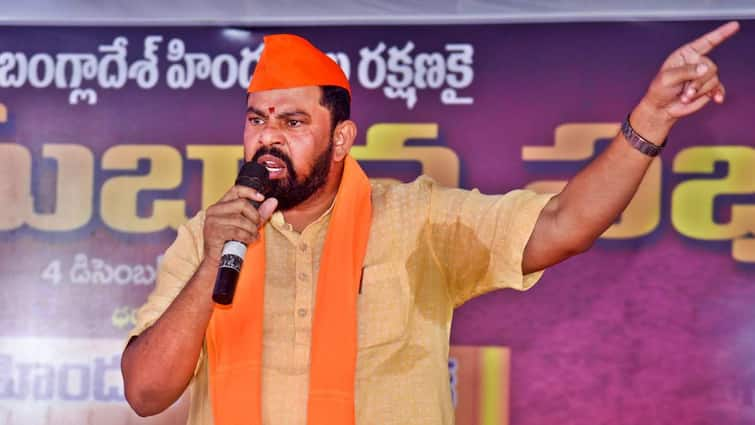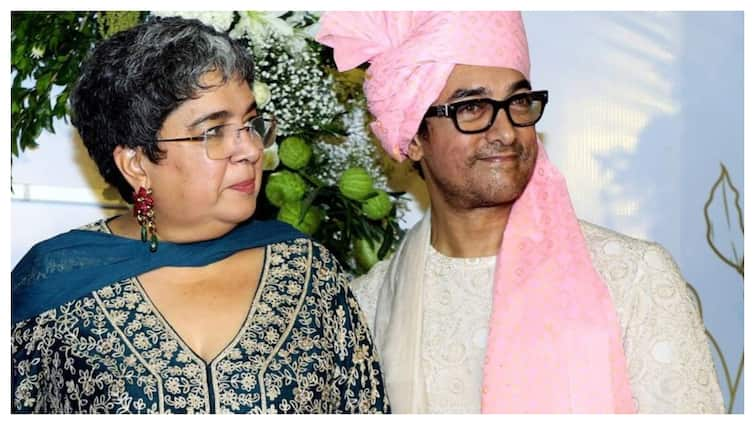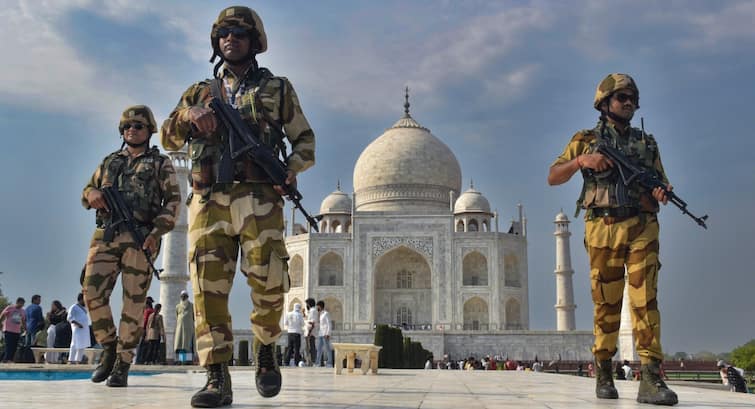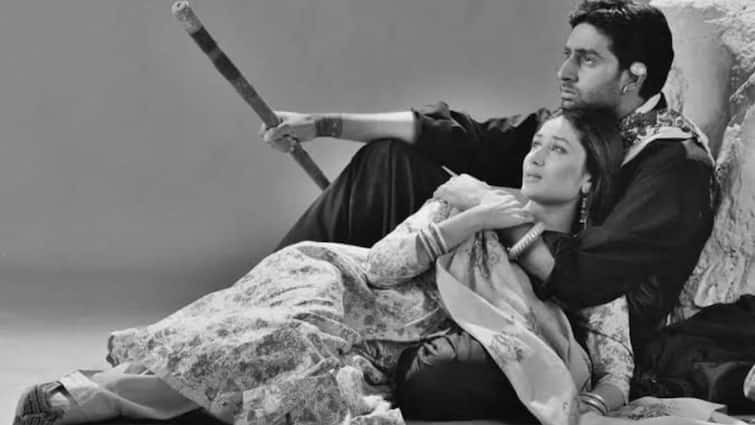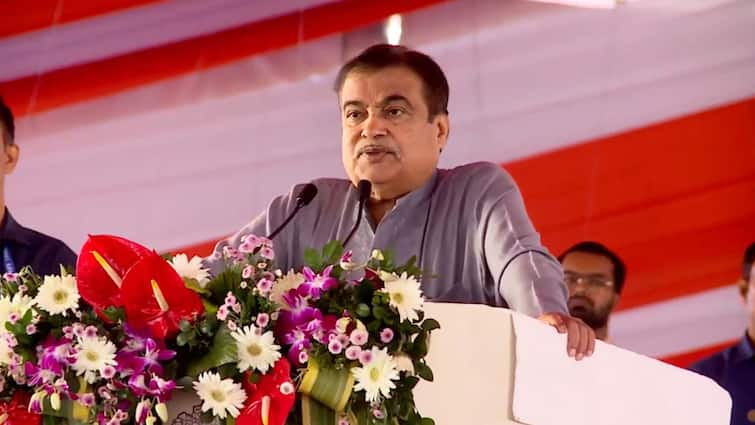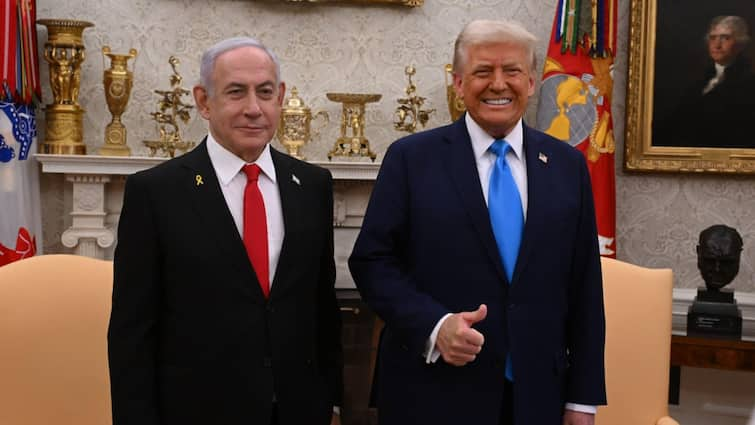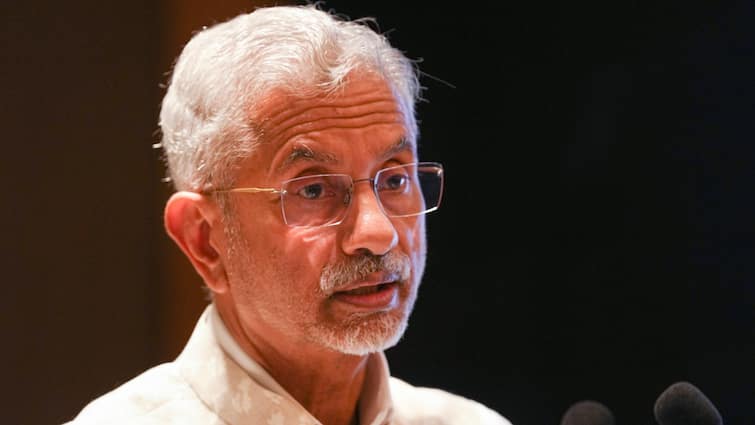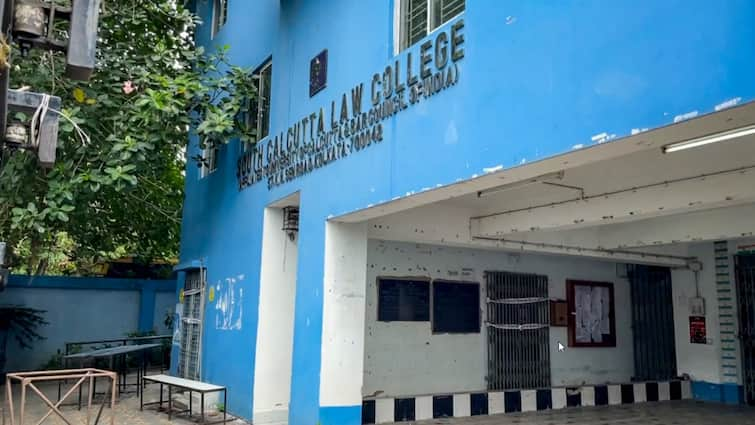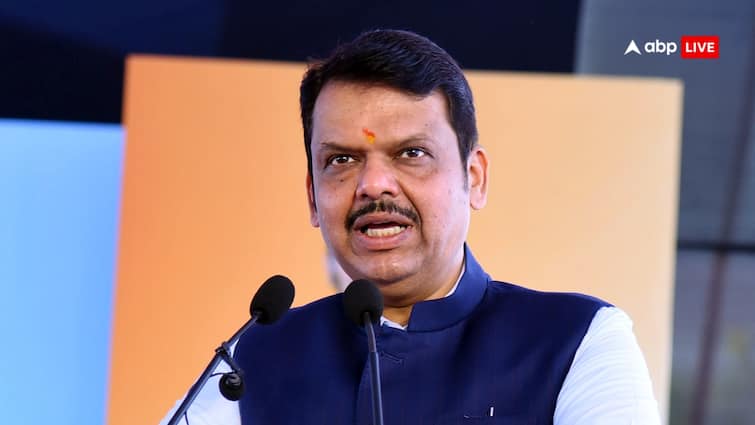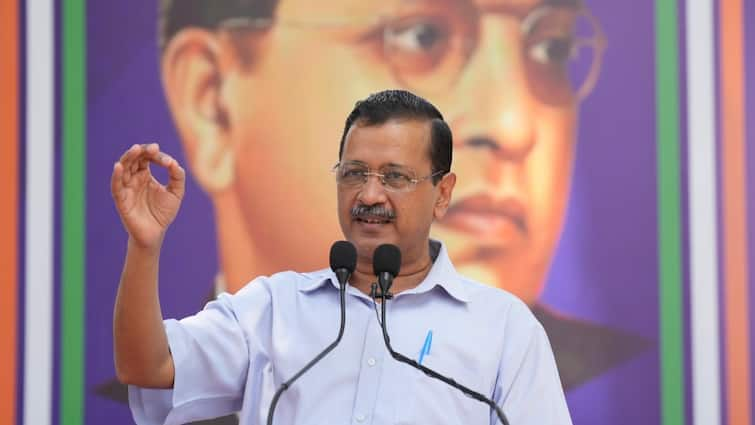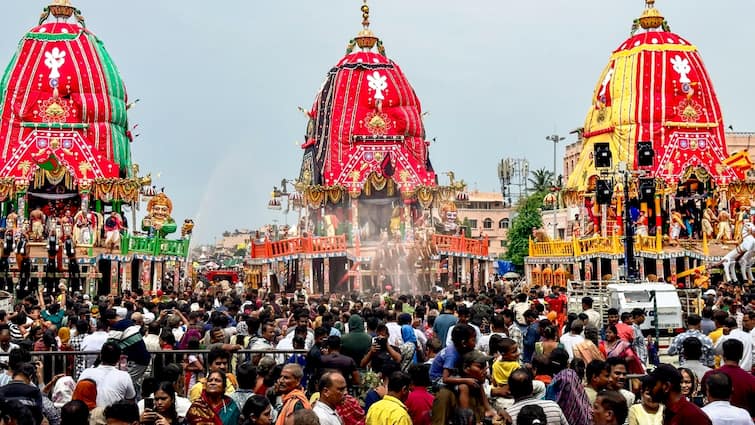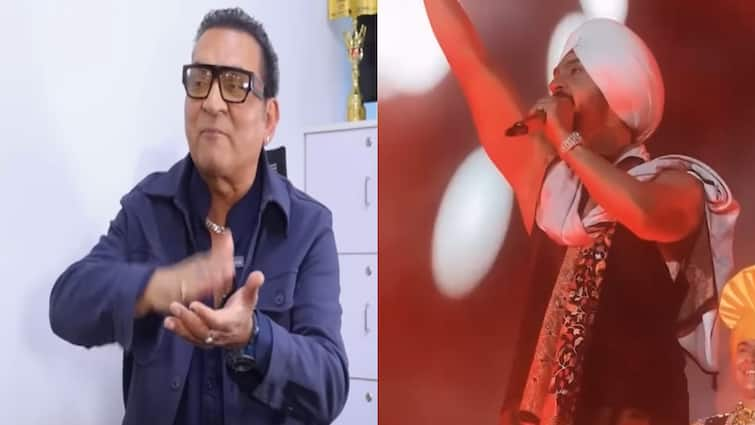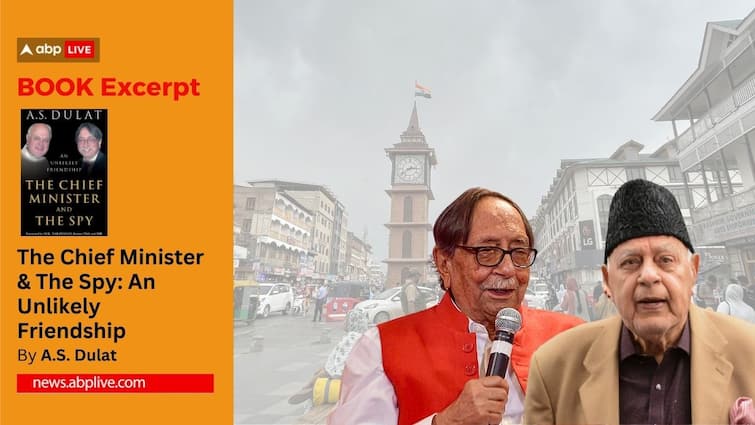
The abrogation of Article 370 — which has since been upheld by a Supreme Court verdict in 2023 — gained widespread criticism from Kashmiri and other political leaders. Former home minister P.C. Chidambaram called it an ‘unconstitutional coup’. He also addressed Parliament on the subject of Farooq’s house arrest in 2019, arguing that it was a monumental blunder, since there was no one in modern India more devoted to the cause of a united India than Farooq Abdullah. Opinions on the subject appeared in mainstream national dailies as well. An editorial in The Indian Express on 17 September 2019 argued that the detention of Farooq under the Public Safety Act ‘beggars belief ’. There was no need to detain a man ‘who was the face of moderate politics in Kashmir, apart from being the standard bearer for India on the Kashmir issue’.
The then chief minister of Punjab, Amarinder Singh, a Congress leader, also termed the revocation of Article 370 as ‘totally unconstitutional’ and said ‘this will set a bad precedent as it would mean that the Centre could reorganise any state in the country by simply imposing President’s rule’.
Then Congress president Rahul Gandhi criticized the central government for arresting Kashmiri leaders and called the detentions ‘unconstitutional & undemocratic’.
Farooq was terribly hurt. Just as the BJP had never hidden its intentions towards Kashmir as far as Article 370 was concerned, so, too, had Farooq been extremely open about his willingness to work with Delhi. Maybe, he said, the NC could even have had the proposal passed in the legislative assembly in Jammu and Kashmir. ‘We would have helped,’ he told me when I met him in 2020. ‘Why were we not taken into confidence?’
If that sounds like a contradiction to the quote with which I opened this chapter, let me tell you – Farooq is a contradiction himself! To my mind, this remark in 2020 just highlighted his great practicality under the most appalling political and popular pressure. But it also revealed — at least to me — how deeply he was hurt by Delhi’s arbitrary actions.
I genuinely felt that in all of 2019, Farooq’s house arrest was the saddest story in Kashmir. Here was a man who had been chief minister thrice, who had been a union minister, and who was promised at one stage the vice-presidentship of India, and who might well have been the president of India today if luck had favoured him. God knew why he had been detained. He was not well. He was getting on in age. He was in his mid-80s. He had had a kidney transplant. And his heart was not in the best condition. He was also diabetic. In fact, he had multiple problems, except that he is a gutsy guy. So to me, it made no sense. I could only hope, in those long months, that he was all right.
If there was anything that had shattered Farooq at that moment — and God knows he has been through a lot in the course of his political career — it was this house arrest. When he spoke to me about the abrogation later, he was forthright, ‘Kar lo agar karna hai,’ he said, somewhat bitterly. ‘Par yeh arrest kyu karna tha?’ (Do it if you must, but why arrest us?) In December 2019, I had gone for the military literature festival in Chandigarh organized by Captain Amarinder Singh. I was part of a panel discussion on Kashmir.
Other members included the analyst Manoj Joshi, BJP secretary Ram Madhav, Congress MP Manish Tiwari and myself. During the session, Ram Madhav was asked a direct question on the issue of Kashmir’s statehood. He replied, ‘We have already made a commitment. Statehood will be restored soon.’
It’s never been restored, as readers will know. But Madhav did tell me that day, ‘Sirf aapka dost band nahin hai, humara dost bhi band hai,’ in reference to Sajad Lone. (It is not just your friend who’s locked up, ours is also suffering from the same plight.)
Since then, I have written and spoken about and against abrogation. My point was always — why rip away the fig leaf of dignity that the Kashmiris possess? Other than that, my concern has always been Farooq’s health.
When communications in the Valley were shut down, I was very worried. I called him as soon as the lockdown on communications lifted. ‘Kaise ho aap, sir?’ (How are you, sir?) ‘Main bilkul theek hun,’ he replied. ‘I’m perfectly fine. Don’t worry about me.’
‘Suppose I was to come to Srinagar for a day or so, just to see you,’ I suggested.
‘Woh toh poochhna padega,’ he said, meaning he would need to ask the requisite authorities.
I called my colleague in the state thereafter. ‘I wanted to come and see Doctor Sahib and enquire about his health,’ I told him.
That, he answered, would require Delhi’s permission. ‘If you want, I can ask Delhi.’
I told my colleague that he was very kind to suggest that, but since I was already in Delhi, it would make more sense if I asked Delhi if I could go.
I can’t, obviously, go into everything, but that, in a nutshell, is the background to the story. And so it was that a call came in early 2020, six months into a constitutional and political event that had made headlines across the country. ‘Aap Doctor Sahib se milenge?’ (Would you like to meet Doctor Sahib?)
‘I’ve always wanted to meet Doctor Sahib,’ was my immediate reply.
That’s how I landed in Srinagar on 12 February 2020.
Ultimately, as everyone knows, Farooq was released on 13 March, a few days before India went into lockdown against the worldwide COVID-19 pandemic. On 15 March, the journalist Karan Thapar interviewed me for The Wire, and told me, ‘Obviously you’re responsible for Farooq’s release.’
‘No,’ I said. ‘I didn’t do it.’
Be that as it may, it is ironic that when Delhi remembers Farooq, even today, it also remembers me. Farooq knew that a call would come to me, at some point. He was nobody’s fool. ‘They will need you again,’ he told me, shortly before the abrogation. ‘Keep your doors open.’
‘My doors, sir, are always open,’ I said laughingly. ‘But who is coming through that door, I can’t say!’
And sure enough, Delhi did call me again in the winter of 2020. Despite the brevity of the conversation with the voice at the other end of the line, I could tell that Delhi was thinking of releasing Farooq from detention. They wanted someone to gauge his mood upon release, but at the same time, the obvious concern was that Farooq should not talk publicly either about the abrogation or about Pakistan. For that, it was imperative that the person who did go to see Farooq be someone who knew him well. It should also be a person who knew him well enough that these words would not have to be directly spoken. It would have to be done in such a way that Farooq and Delhi were on the same page, without any writing on the page, so to speak. My brief, then was simple: to suss out Farooq’s mood in ‘accepting the new reality of Jammu and Kashmir, after the nullification of Article 370’.
The excerpt has been published with permission from publisher Juggernaut.
[Disclaimer: The opinions, beliefs, and views expressed by the various authors and forum participants on this website are personal and do not reflect the opinions, beliefs, and views of ABP Network Pvt. Ltd.]
Doonited Affiliated: Syndicate News Hunt
This report has been published as part of an auto-generated syndicated wire feed. Except for the headline, the content has not been modified or edited by Doonited




